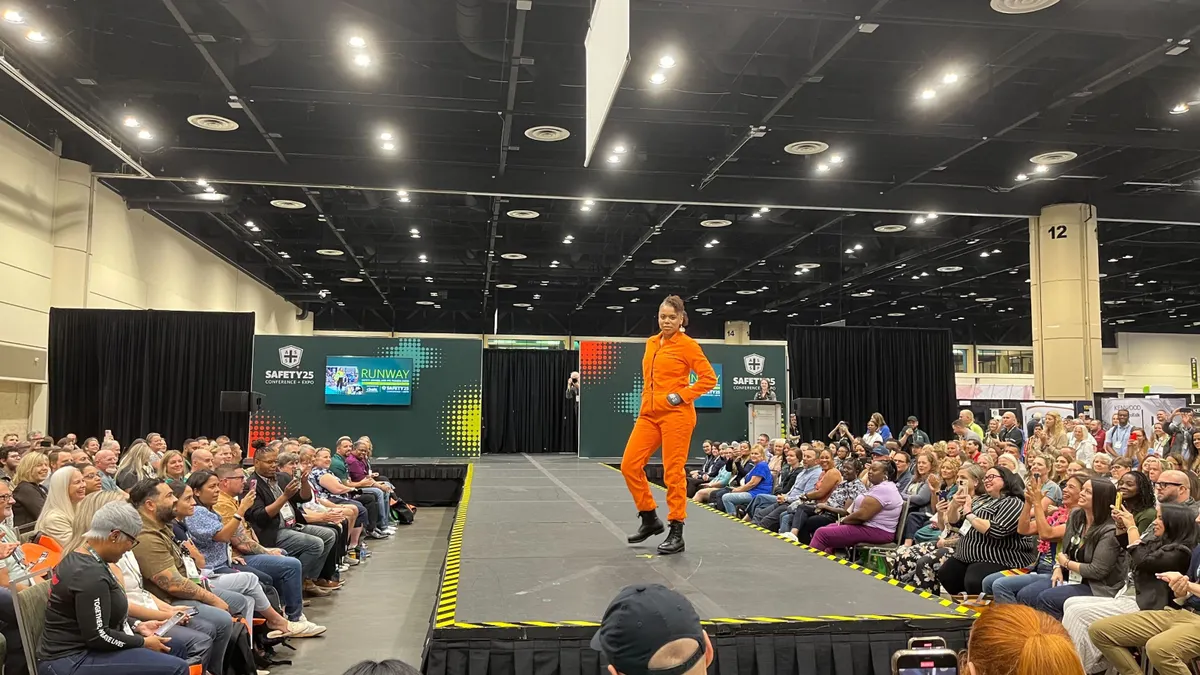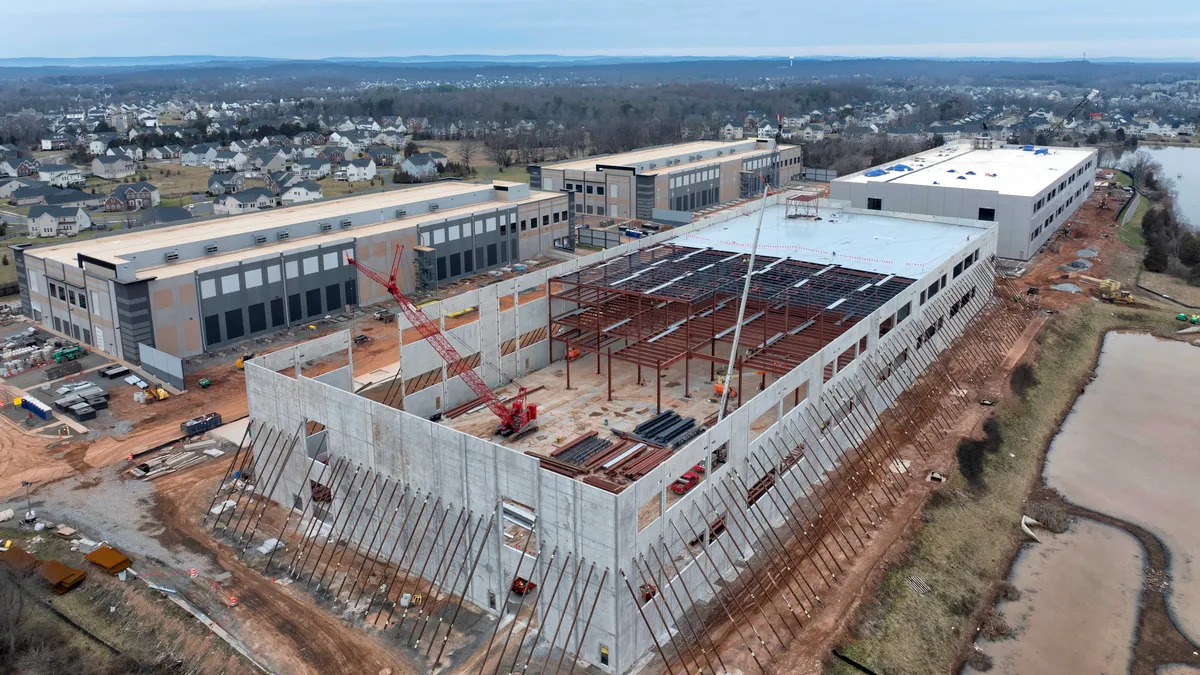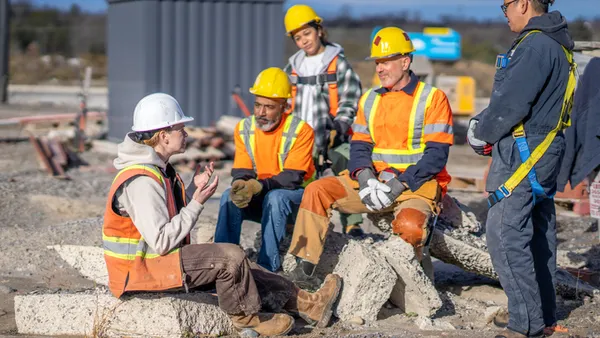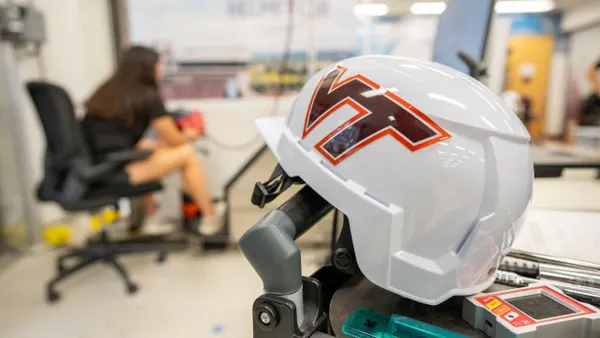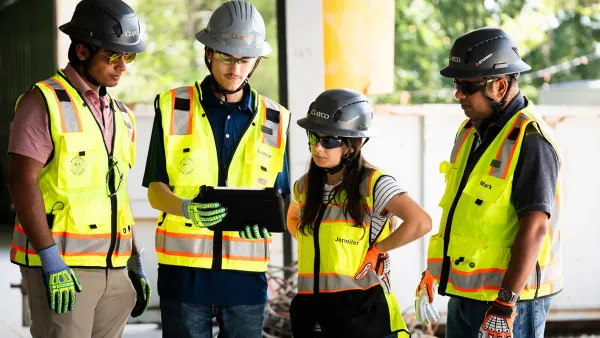ORLANDO, Fla. — At the far end of the expo hall, a crowd gathered for a demonstration at last week’s American Society of Safety Professionals 2025 Conference + Expo. Seats around a catwalk promptly filled, leaving many attendees standing to view the show.
Booths a few feet away displayed personal protective equipment and other safety solutions, but the catwalk promptly became the center of attention.
The models strutting by didn’t wear the latest fashion from name brands, however. They donned high visibility vests, flame-resistant outwear, work gloves, eye protection and work boots. The women showcasing the gear hammed it up, posing and getting the crowd to respond by eliciting laughter and cheers.
The day before, the catwalk stage had served as the space for a panel of safety experts highlighting the need for more properly fitting PPE for women in the trades. The timing of the insight was invaluable, as at the end of last year, OSHA enacted a standard requiring construction employers to provide properly fitting PPE to workers.
“The real question is: is the PPE that you’re procuring and buying and using creating hazards rather than preventing them?” asked panelist Amy Roosa, founder of The Safety Rack, an advocacy group focused on women’s PPE.
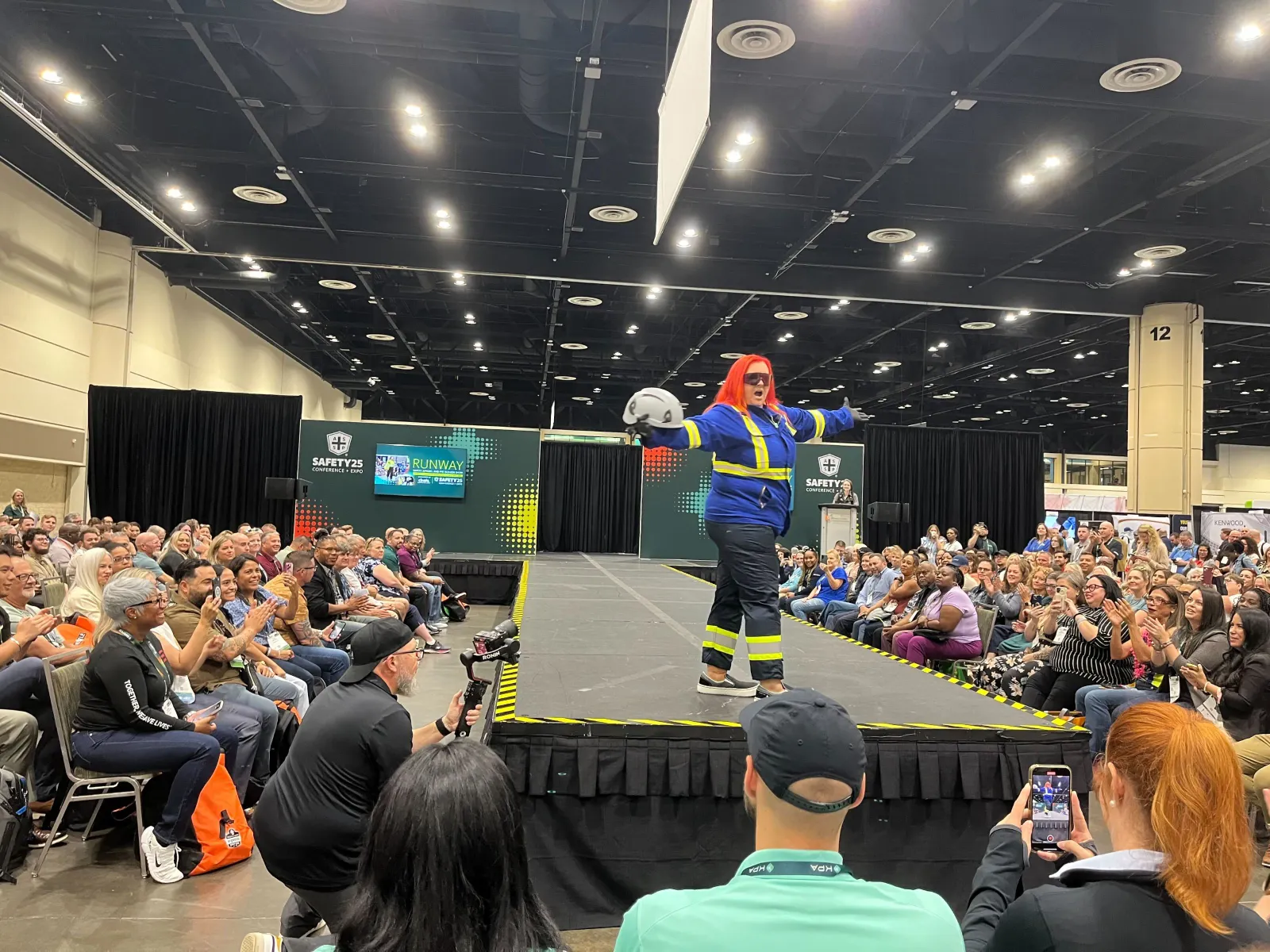
Loose-fitting gear can create problems — such as a baggy vest or a glove snagging on equipment or machinery — and many times tradesworkers don’t know the danger it poses.
“Women still don’t know what all is available to them,” said Kelly Franko, co-founder of the Alliance of Women's Safety Apparel Manufacturers, another advocacy group. If women do know what they need from PPE, there is still a question of access.
Women won’t always speak up for fear of the stigma of complaining, said Nicole Randall, vice president of the ISEA Foundation, another group raising awareness around fall safety.
And each panelist emphasized that the issue does not just impact women, but also workers of any size who do not fit into the standard gear.
At the event, the speakers’ final call to action urged equipment manufacturers to ask more questions of their clients, and in turn, for safety managers to speak up. Bulk orders can save money, but often, one-size-fits-all doesn’t cut it.
“If you’re going to say your fall protection is unisex, you better come at me with some data,” Roosa said.



